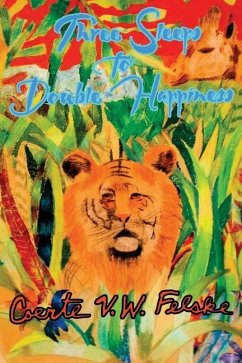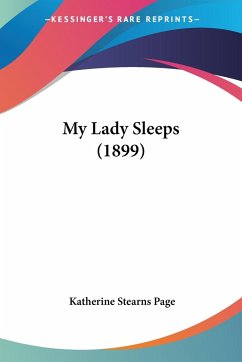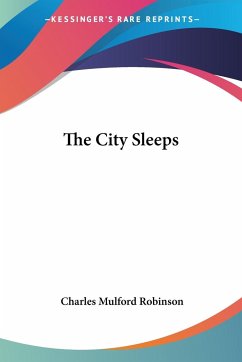In the tradition of Herman Hesse's spiritual journey of self-discovery in Siddharta and Santiago's "Personal Legend" in Paolo Coelho's The Alchemist, Coerte V.W. Felske's Three Sleeps to Double Happiness sets the imagination afire in an exhilarating allegorical tale of love, loss, vindication, and triumph. Written in hauntingly spare prose TSDH is the story of an unlikely hero, Gonzalo, an alternatively-abled albeit functional Spanish boy who travels to India to seek out a legendary tiger in order to achieve what he has uniquely interpreted to be "Double Happiness" from his childhood teachings. The tale is told primarily in flashback as "the young teen of indeterminate age" perches in a Dhok tree in India's Sariska jungle and awaits the appearance of the Great One for "three sleeps," his term for days, at the territorial beast's waterhole. As the boy waits and unwittingly fends off aggressive lemurs and the menacing leopard, his pin-wheeling, Kaleidoscope mind conjures disjointed reminiscences of a devastating childhood in Spain. Abused mercilessly for perceived disabilities, the boy and his sister, the beautiful and exceptional Aravella, live north of Barcelona in the coastal town Llavaneres with their mercenary foster father. Not only has the greedy Tuko adopted the two for government subsidies, he sells hashish and procures women for the notorious drug lord Don Pepe whose sprawling finca overlooks the town. Still, the siblings form an unbreakable bond and the sacrificial Aravella, Gonzalo's Sister the Angel, teaches him Spanish, biology, religion, folklore, even the Chinese love fable Double Happiness. Gonzalo's best friend is the Old Man, Santoro, a local spice farmer who offers the boy paternal guidance and recounts fantastic adventures traveling the world. Gonzalo marvels at Santoro's trip to India when he came face to face with Zephyrles a thirteen-foot Bengal tiger. The Old Man, stricken with cancer, laments he hadn't offered himself to the tiger to die an honorable death rather than to rot ignominiously in a field shack. After the Old Man passes, misfortune and tragedy beset the boy and he is left to fend for himself. In his sweetly configured, contemplative mind he decides on a plan to go to India to confront the Great One and discover the meaning of Double Happiness. Back in the jungle the boy entertains a rush of memories; he gets a job on a pleasure yacht and cruises the Spanish coast, then is offered work on a hashish farm in Morocco before taking the overland train to India. He recalls the physical abuse of classmates and his foster father, and all the dark memories of his past. But the boy who only sees the good in people finds his mind to be repairing itself. He gains the capacity to process the teachings taken in these years, allowing him to understand the world and identify and evaluate all the love and cruelty he has encountered. With this fresh clarity of thought, if not raised level of awareness, Gonzalo is emboldened to carry out his mission to offer himself for what he processes now to be that noble death of which Santoro spoke. After his third sleep, Zephyrles the Great One emerges and the boy must decide on his own fate. The tale is a scalding treatise recounted in a simplistic, meditative, almost poetic style, the prose so beautiful, it sings. Unintentionally the ultimate "green" novel and at once mystical and magical while no less brutal and unforgiving, TSDH excites the imagination long after the boy's final "Celebration" attended by a very special guest concludes.
Hinweis: Dieser Artikel kann nur an eine deutsche Lieferadresse ausgeliefert werden.
Hinweis: Dieser Artikel kann nur an eine deutsche Lieferadresse ausgeliefert werden.








